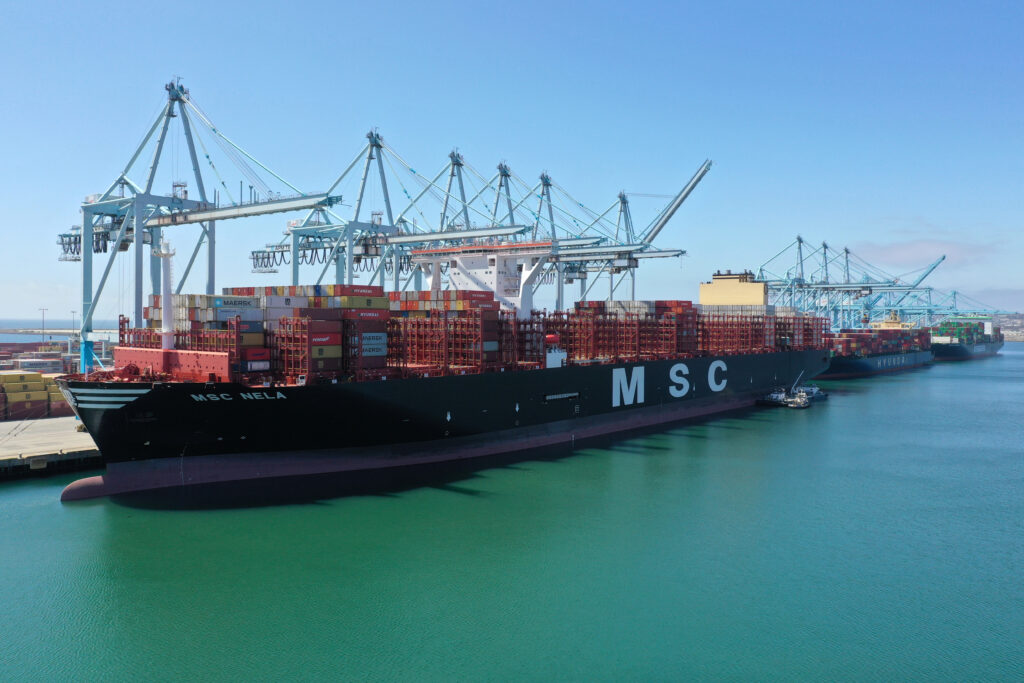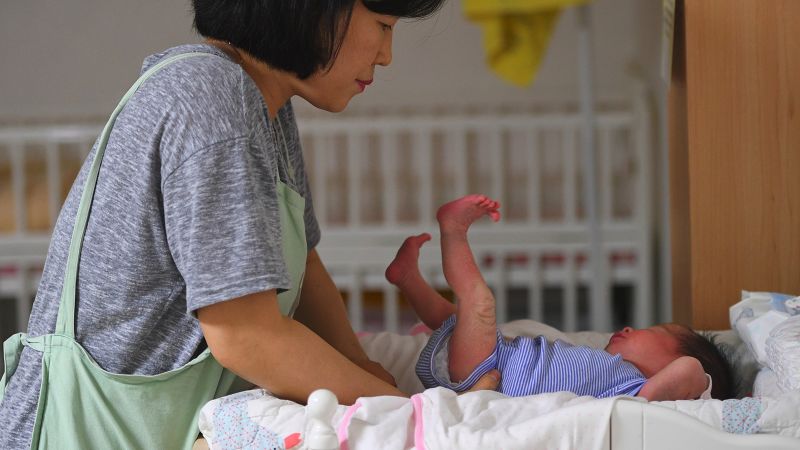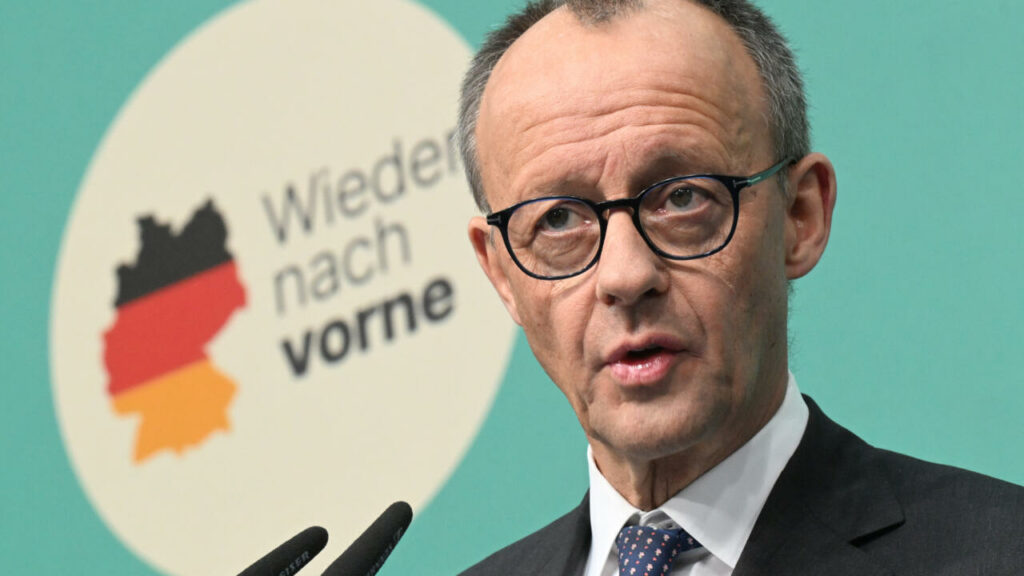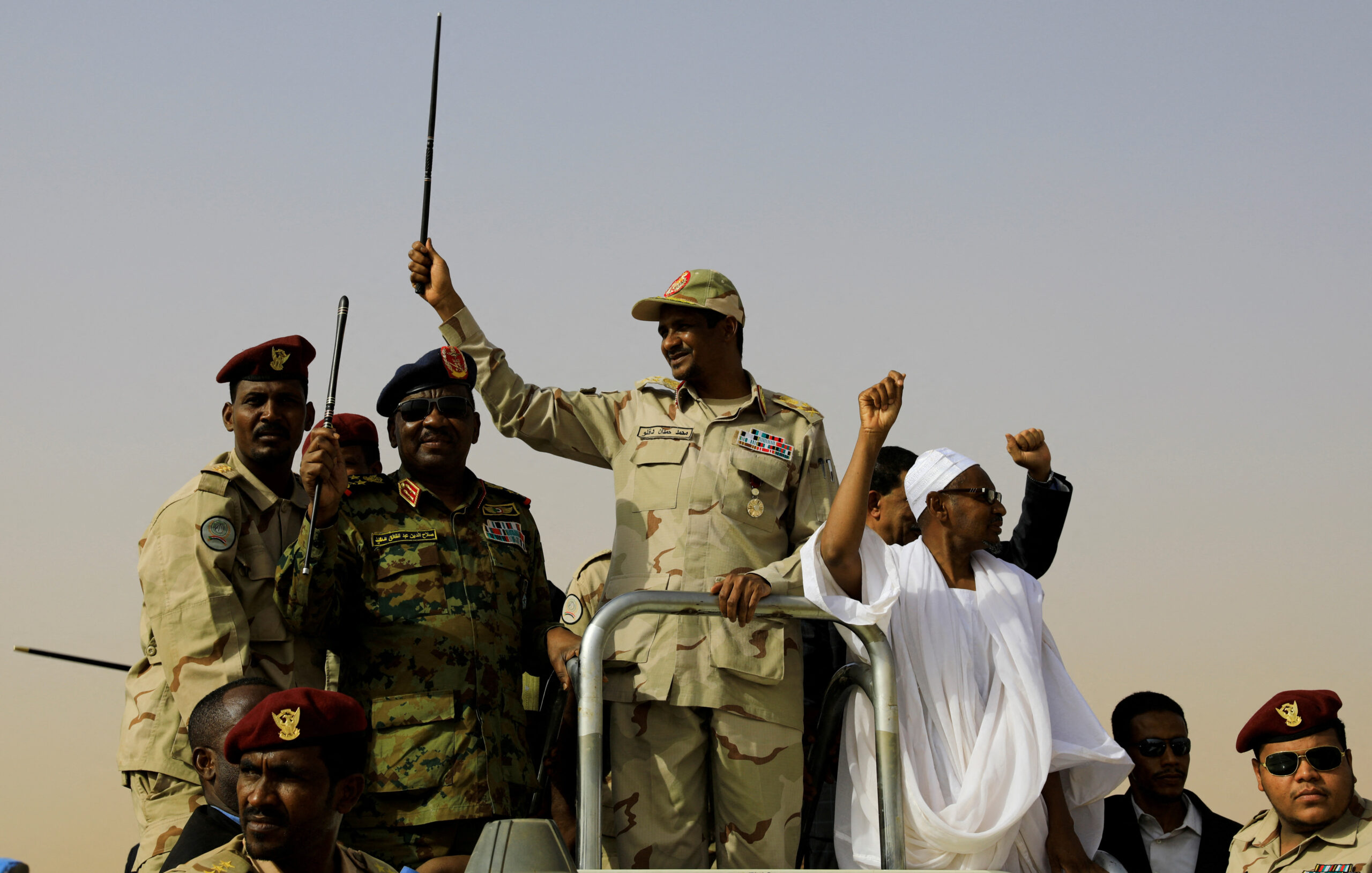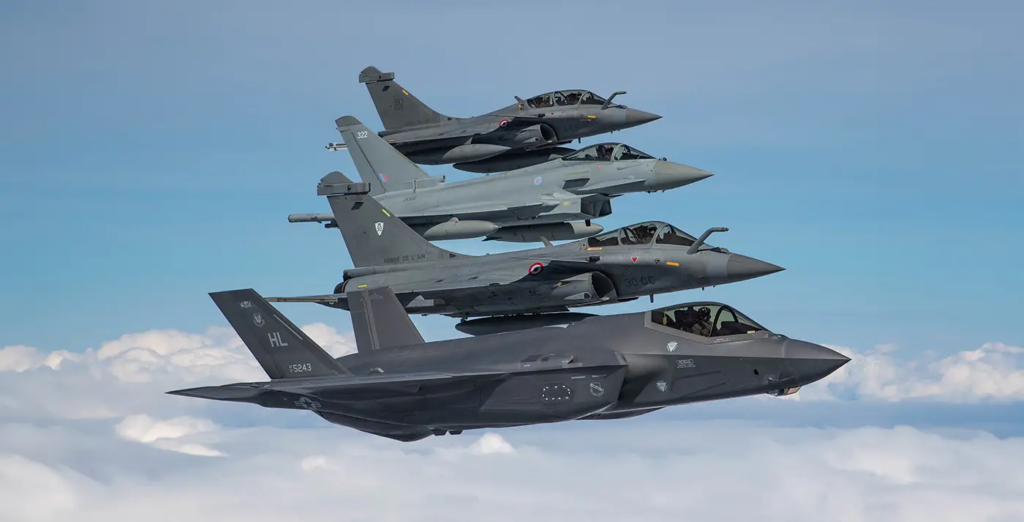The Rafah border crossing, which was closed down by Israeli forces nine months ago, has been reopened to allow sick and injured Palestinians to cross into Egypt as part of the Gaza ceasefire deal.
Wounded members of Hamas are expected to be among those to cross into the North African country. Egypt is one of the three countries that mediated in securing the ceasefire deal early this months.
This positives for Gaza comes after three more Israeli male civilian hostages are been released.
Egyptian television showed a Palestinian Red Cross ambulance pulling up to the crossing gate, and several children brought out on stretchers and transferred to ambulances on the Egyptian side, the first of an estimated 50 children expected to cross on Saturday.
The opening of Rafah for anticipated regular crossings by a set number of people, marks a highly significant moment in the complex ceasefire agreement and follows international outcry over the Israeli closure of the crossing to most medical cases for the past nine months.
Late last week the UN secretary-general, António Guterres, called for 2,500 children to be immediately evacuated from Gaza for medical treatment after meeting US doctors who said the children were at imminent risk of death in the coming weeks.
The reopening of Rafah came as Hamas released three male Israeli hostages, which also triggered the release of 183 Palestinians from Israeli jails, including individuals convicted in the Israeli courts, and detainees.
Among the three released Israelis were Yarden Bibas, the father of a young family, whose wife and children became poignant symbols of the hostage crisis and remain unaccounted for amid continuing “grave concerns” in Israel for their wellbeing.
The Rafah crossing, long a lifeline for Palestinians, has been closed since Israeli forces took control of the surrounding area in May 2024.
The first crossings took place after buses were seen collecting the sick and wounded from Gaza hospitals.
The handover of the three Israeli hostages, Bibas, 35, the joint Israeli-US citizen Keith Siegel, 65, and the joint Israeli-French citizen Ofer Kalederon, 54, triggered the release of 183 Palestinian prisoners and detainees from Gaza held in Israeli jails.
Later three busloads of Palestinian detainees arrived in the southern Gaza city of Khan Younis. It marked the first time any of the 1,000 detainees from Gaza that Israel has agreed to free during phase one of the deal have been released.
The handover the Israeli hostages in two locations – Khan Younis and at Gaza City’s port – was far more orderly than a chaotic release earlier this week that briefly threatened to upset the terms of the ceasefire deal.
The truce, which began on 19 January, is aimed at winding down the deadliest and most destructive war ever fought between Israel and the Hamas militant group. The fragile deal has held for nearly two weeks, halting the fighting and allowing for increased aid to flow into the tiny coastal territory.
Seventeen of the 33 hostages due for release in the first stage of the ceasefire have now been released in exchange for 400 Palestinian prisoners and detainees.
Negotiations are due to start by Tuesday on agreements for the release of more than 60 remaining hostages and the withdrawal of Israeli troops from Gaza in a second phase of the deal.
The release of Yarden Bibas without his family, however, represents a painful moment for the large numbers of Israelis and other supporters around the world who have long campaigned for the Bibas family’s release.
Video of Shiri Bibas holding on to her children as she was kidnapped by Hamas gunmen from the Nir Oz kibbutz became an enduring image of the 7 October 2023 attacks, with her son, Kfir, just nine months old when he was abducted.
On Saturday the Israeli coordinator for hostages and missing persons, Gal Hirsch, once again asked mediators to seek information on the missing members of the Bibas family who Hamas has said were killed in an Israeli strike in 2023.
“We have been searching for them for a long time, tracing their tracks and investigating what happened to them. Even in these very days and at these very hours, we are again demanding information from the mediators about their condition,” said Hirsch.
After the latest releases, Israel and Hamas are due next week to begin negotiating a second phase of the ceasefire, which calls for releasing the remaining hostages and extending the truce indefinitely. However, the war could resume in early March if an agreement is not reached.
The children allowed to cross Rafah with their families are the first in what are meant to be regular evacuations of Palestinians through the crossing for treatment abroad.
Over the past 15 months, Israel’s campaign against Hamas in retaliation for the militants’ 7 October 2023 attack on southern Israel has decimated Gaza’s health sector, leaving most of its hospitals out of operation even as more than 110,000 Palestinians were wounded by Israel’s bombardment and ground offensives, according to the Palestinian health ministry.

